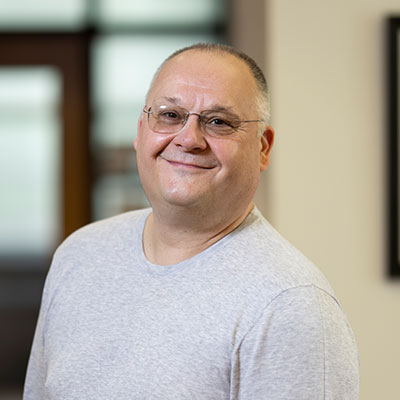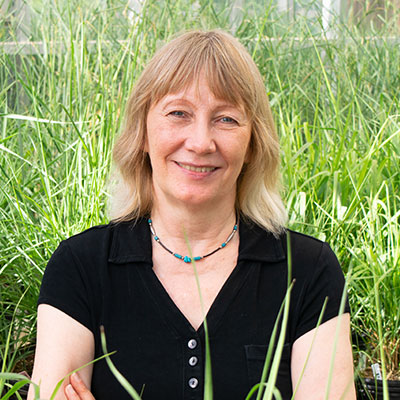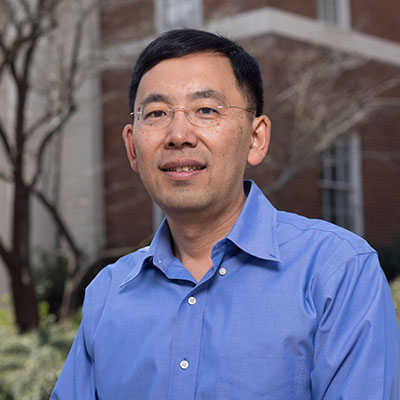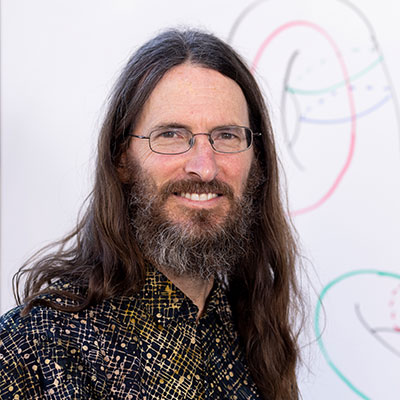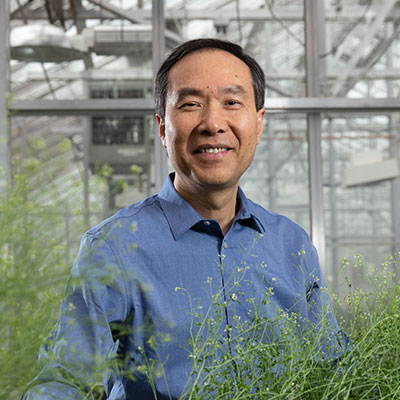Evin Winkelman Richardson
Postdoctoral Research Award 2021
Evin Winkelman Richardson, postdoctoral research associate in the Department of Human Development and Family Science, focuses on the study of family systems and resilience within high-stress contexts, with a particular focus on interparental relationships within foster and military families. She is co-principal investigator on a five-year, $6.2 million grant project that will study nearly 2,300 at-risk, distressed couples across Georgia, and she has co-authored 11 publications since becoming a postdoctoral research associate in August 2017.

